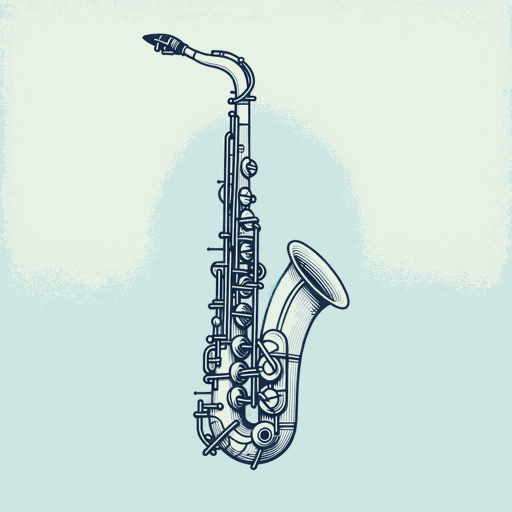43 pages • 1 hour read
James BaldwinNotes of a Native Son
Nonfiction | Essay Collection | Adult | Published in 1955A modern alternative to SparkNotes and CliffsNotes, SuperSummary offers high-quality Study Guides with detailed chapter summaries and analysis of major themes, characters, and more.
Essay 4Chapter Summaries & Analyses
Essay 4 Summary: “The Harlem Ghetto”
Commentary magazine originally published “The Harlem Ghetto” in February 1948. It is a brief sketch of Baldwin’s native neighborhood in New York City. His essay does three things: It captures the main features of racial oppression in Harlem; it explores the limitations of central Black institutions, such as Black press and religion; and it gestures towards the possibility for interracial understanding.
Racial oppression is easily enumerated in terms of dilapidated buildings, crowded and dirty streets, landlords that gouge their tenants, inflated cost of living, too few jobs at depressed wages, and the occasional social uprising. Despite the stultifying oppression, Baldwin writes, the casual observer will not find Harlem any worse off than any other poor neighborhood. The reasons for this lie in the realm of culture, Baldwin intimates, but he specifically notes the vibrant Black press and churches.
The independent Black newspapers and magazines, of which he mentions no less than six, play a vital role within and across Black communities such as Harlem. Baldwin is less than flattering about the quality of these publications. On the whole, he views them as vehicles for Black elites; as modeled on the White press (and poor facsimiles at that); or as guided by the proposition that, as he puts it, “anything a White man can do a Negro can probably do better” (5).
Related Titles
By James Baldwin

Another Country
James Baldwin

A Talk to Teachers
James Baldwin

Blues for Mister Charlie
James Baldwin

Giovanni's Room
James Baldwin

Going To Meet The Man
James Baldwin

Go Tell It on the Mountain
James Baldwin

I Am Not Your Negro
James Baldwin

If Beale Street Could Talk
James Baldwin

If Black English Isn't a Language, Then Tell Me, What Is?
James Baldwin

Nobody Knows My Name: More Notes of a Native Son
James Baldwin

No Name in the Street
James Baldwin

Sonny's Blues
James Baldwin

Stranger in the Village
James Baldwin

The Amen Corner
James Baldwin

The Fire Next Time
James Baldwin

The Rockpile
James Baldwin

